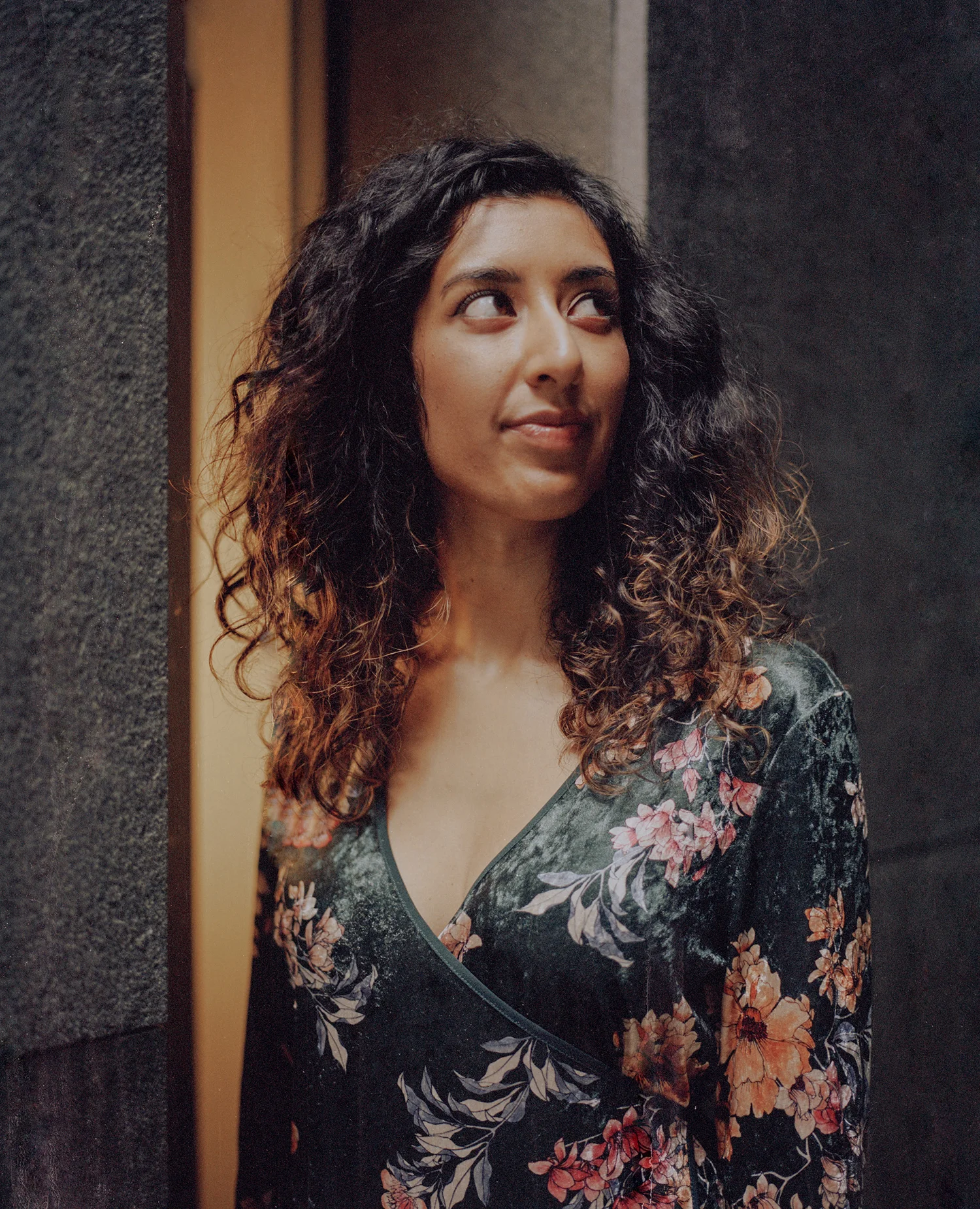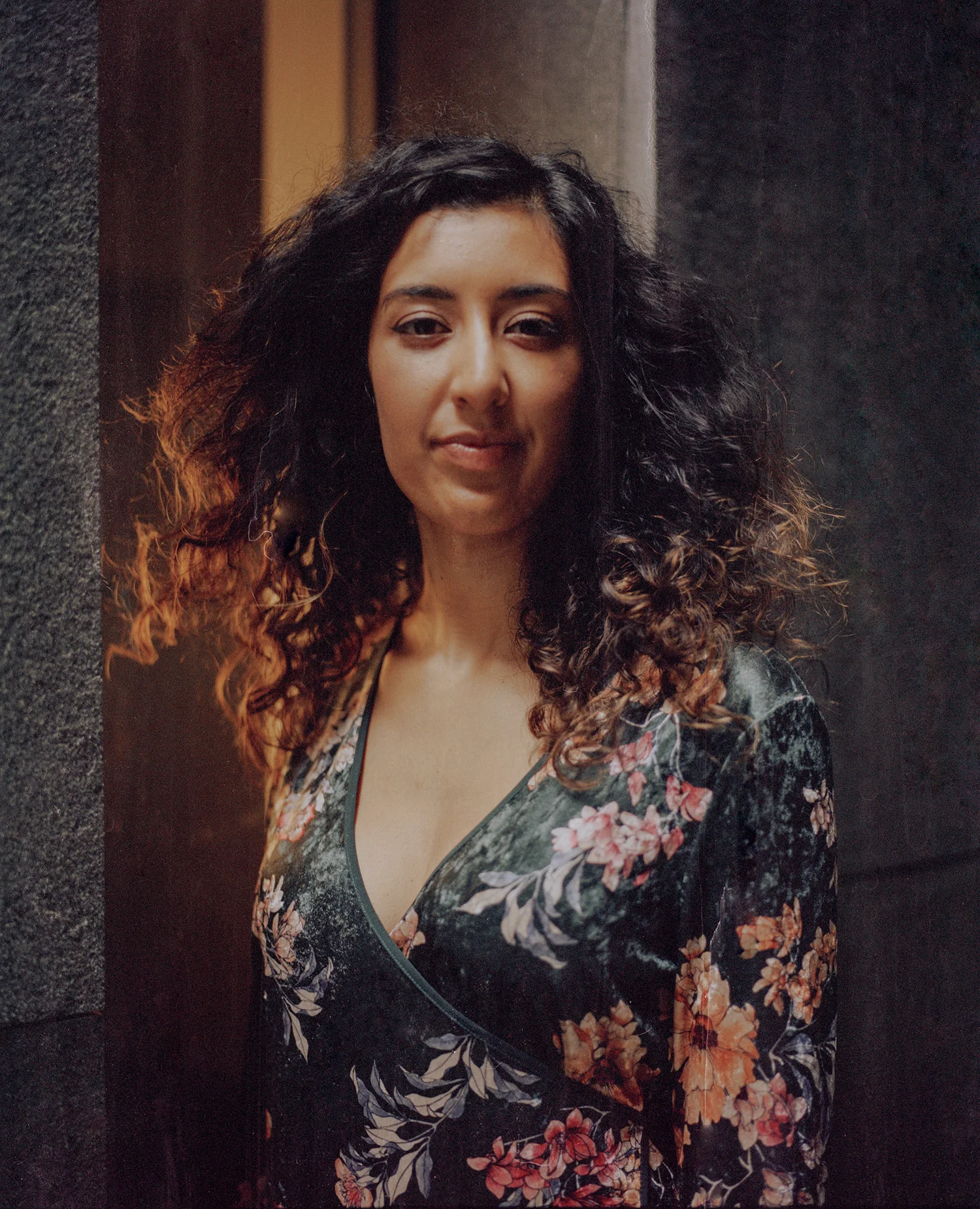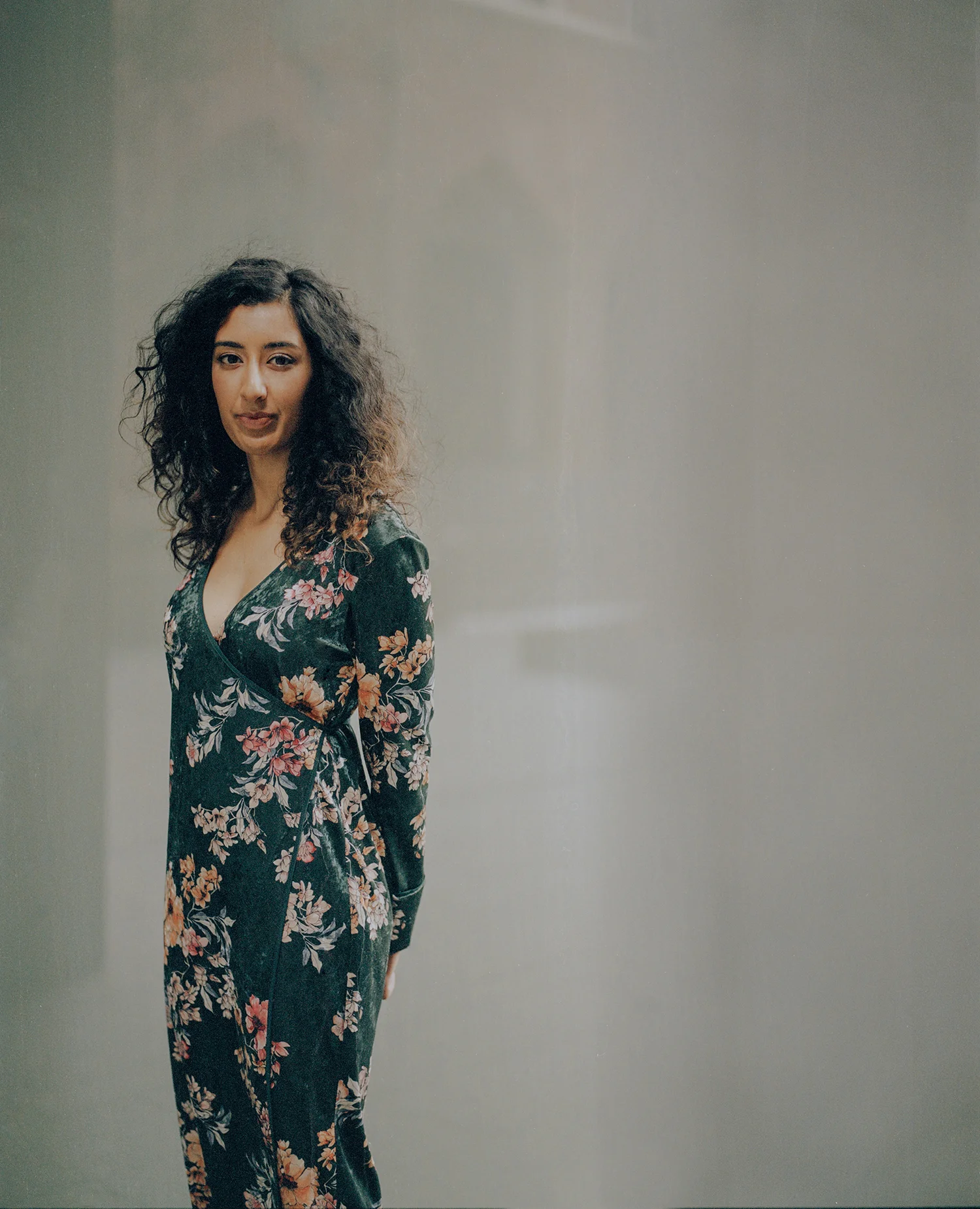Five Questions with Priya Kahlon
Priya Kahlon is a poet recently returned from India. Her latest publication was in The Enchanting Verses.
Priya works as a lawyer and talks to Liminal about creative outlets, the language of Punjab, and how poetry can be woven into daily life.
How did you become interested in poetry?
Almost by accident initially, I remember when I was younger and I had periods of stress, for example if I were studying for exams, I would have short poems scattered throughout my notebooks. Some poems would be related to how I was feeling at the time but others would be completely unrelated, almost written as a way to give my mind a break from what I was doing or feeling. I did not think much of it at the time and it was only later when I was exploring different forms of writing that I started to look at poetry more seriously. I am surrounded by words and writing in my work as a lawyer, but the language is more process driven and formulaic. When I started working, I was craving an outlet and a means to make sense of my environment, in what can be a very demanding profession. I experimented with different forms of writing such as articles and short stories but it was poetry that came most naturally. Poetry offered a form of expression that was without constraints and, for me, the only way to express with words the questions and ideas I had regarding my place in the world.
Can you explain your engagement with Indian poetry – people you like to read, why they matter to you, the work that inspires you?
Being born and brought up in Australia with Indian roots, poetry offered a way to better understand the culture in India and its people. My parents and extended family grew up in the state of Punjab in the north of India before immigrating to Australia in the 80s. Although, the food, culture and language of Punjab always featured in my life, there is still a certain disconnect having never lived in India for an extended period of time. Poetry was a way to bridge this gap. For example, I love reading Amrita Pritam who was a Punjabi poet popular during the time my parents were growing up, who amongst other things wrote about the effects of partition in India. Other writers I enjoy reading are traditional poets like Bengali writer Rabindranath Tagore and Kashmiri mystic Lal Dĕd and more contemporary writers like Arundhathi Subramaniam. In India however, I feel that poetry is much more pervasive, such that it is not simply reserved for writers and poets. Poetry or poetic language is used throughout religious texts and songs and other important scriptures. I was first introduced to Arundhathi Subramaniam not through her poetry but her book on the yogi Sadhguru. Her poetry, and that of other Indian poets, interweave these ideas of religion and spirituality in their work, and for me poetry is also closely linked with these ideas of self which are difficult to explore in other forms of writing.
What have you been writing about recently?
I have just come back from spending over a month practising yoga in Dharamshala, which is a town near the Himalayas in north India. Each morning I would wake up to the view of the snow-capped mountains and forest from my balcony. It was a beautiful experience and my writing recently has been influenced by my time there, focusing on nature and reoccurring symbols of the moon and space. It was also a time of reflection and meditation, as I was largely disconnected from the outside world, I was forced to confront some of the lingering questions regarding my place in the world and purpose, which are easier to push aside during your day to day routine. With some of my current poems exploring these themes and ideas.
How does your poetry engage with identity?
I naturally use poetry as a means to explore themes of identity, our place in the world, purpose of our lives and legacy because I am at the stage in my life where I am also exploring these for myself. How these ideas are multi-dimensional, ever changing and evolving as we not only grow in age but experience. Influenced by the people we meet, places we travel and books we read, identity is not a stagnant concept but something that is built up only to be torn down again. For me identity is not something to be ‘found’ but a journey to be comfortable with the idea that we cannot reduce ourselves to a label placed on us by ourselves or society.
What is the plan for your poetry tomorrow?
To keep writing and exploring these ideas further, without placing any expectations of myself or my poetry, in the hope of developing writing that can connect to others. These questions regarding our identity, place in the world and purpose of our lives are questions that are shared universally, and are meant to be discussed collectively. Poetry offers a beautiful form in which we can share our curiosity, love, loss and passion with others without barriers, and I hope to do so more with my writing.
Interview by Robert Wood
Photographs by Chris Gurney






